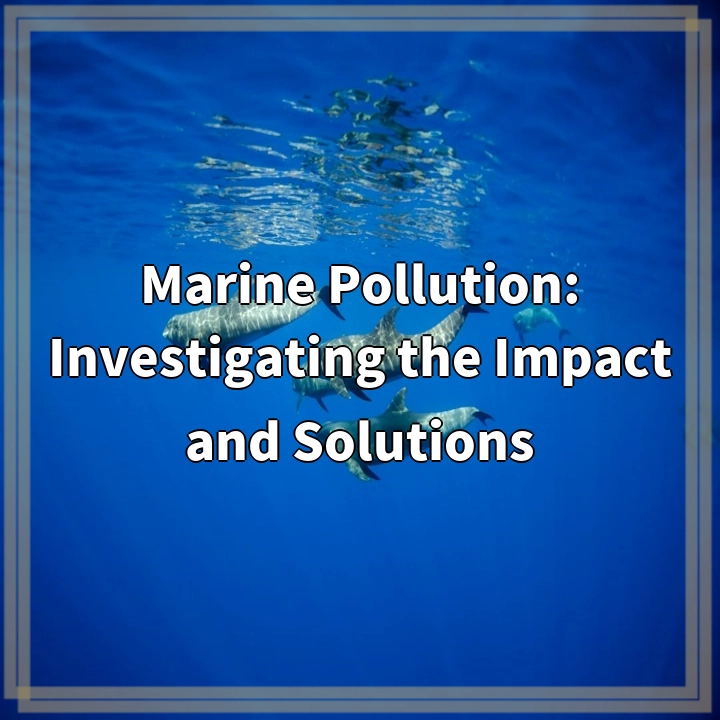
What it is:
Green Solutions for Outdoor Concerts
Outdoor concerts are popular events that bring people together to enjoy live music and create memorable experiences. However, these events can also have significant environmental impacts. That’s where green solutions for outdoor concerts come in. These initiatives aim to minimize the negative effects of these events on the environment and promote sustainability.
Real-world problems:
Despite their entertainment value, outdoor concerts can generate a range of environmental challenges. Some of these problems include:
Noise pollution:
Outdoor concerts often involve high sound levels that can disturb nearby communities and wildlife. This can have negative effects on human health and stress levels for both humans and animals.
Energy consumption:
Concerts require a significant amount of energy to power the sound systems, lighting, and other equipment. This energy usually comes from non-renewable sources, contributing to greenhouse gas emissions and climate change.
Waste generation:
Large gatherings like outdoor concerts produce a considerable amount of waste, including food containers, beverage cups, and various packaging materials. Without proper waste management, this can result in pollution and negatively impact local ecosystems.
Water usage:
Outdoor concerts often require water for drinking, sanitation, and maintaining event infrastructure. However, accessing sufficient water resources can be challenging in some locations, particularly in arid regions, leading to increased strain on local water supplies.
Transportation impacts:
Concert-goers traveling to and from outdoor venues contribute to carbon emissions and traffic congestion. This can further exacerbate air pollution and increase the ecological footprint of the event.
Addressing these real-world problems requires the implementation of green solutions for outdoor concerts. These solutions aim to reduce the environmental impact of these events while ensuring that people can still enjoy live music and entertainment in a sustainable way.

Solutions to Green Solutions for Outdoor Concerts:
Addressing the challenges associated with outdoor concerts requires a proactive approach and the implementation of various green solutions. Some of the key solutions include:
Noise pollution mitigation:
Utilizing sound barriers and directing speakers away from residential areas can help minimize noise pollution. Implementing sound level restrictions and choosing quieter sound systems can also reduce the negative impact on nearby communities and wildlife.
Renewable energy sources:
Transitioning to renewable energy sources, such as solar or wind power, can significantly reduce the carbon footprint of outdoor concerts. Implementing energy-efficient technologies and practices, such as LED lighting and energy monitoring systems, can also minimize energy consumption.
Waste reduction and recycling:
Implementing comprehensive waste management strategies, including providing recycling and composting facilities, can reduce the amount of waste generated and promote recycling at outdoor concerts. Encouraging the use of reusable containers and implementing strict waste management policies can also make a significant difference.
Water conservation:
Implementing water-efficient practices, such as using water-saving fixtures and collecting and reusing rainwater, can help minimize water usage at outdoor concert venues. Educating attendees about the importance of water conservation and providing refill stations for reusable water bottles can also contribute to water conservation efforts.
Sustainable transportation:
Promoting sustainable transportation options, such as public transit, walking, and cycling, can help reduce the carbon emissions and traffic congestion associated with outdoor concerts. Providing designated parking areas for carpools and electric vehicles can further encourage eco-friendly transportation.
By implementing these green solutions, outdoor concerts can become more environmentally sustainable while still providing a memorable and enjoyable experience for attendees. It is essential to promote these solutions and raise awareness about the importance of balancing entertainment with environmental conservation.















